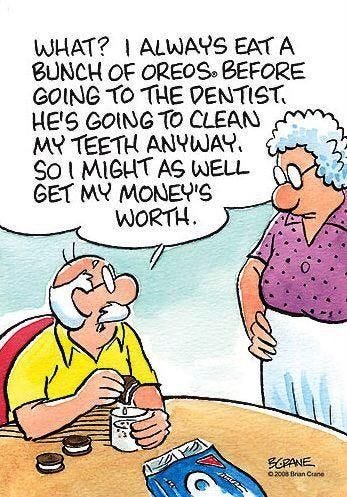Dear friend,
It’s been a week! As we wind back down to semi-normalcy, I thought it would be a good time to talk to you about worth - a term I’ve been hearing and seeing a lot of on social media - from the perspective of money, of course.
We celebrated my parents’ birthdays last month. Their birthdays are only a week apart from each other and we usually have one combined celebration for both of them. We’re not big on gifting in our family, but this year, my sister and I got them a pair of airpods each. My parents loved them, but when my mother heard the price tag, she couldn’t quite digest it. “Apdi enna di irukku idhula?” she asked us. “Is it worth the money?”
My mother’s grilling reminded us of why weren’t into gifting in the first place. It also made me think about what our money’s worth represents. When is something worth what we pay for it?
My definitions of worth were shaped very early. It began with the reactions of my parents every time I asked them for something. My mother was the stricter parent of the two. She’d ask my sister and I to consider the utility of what we wanted. The longevity. Would the money spent be better off somewhere else? For someone else? These were not questions that 9 year olds who wanted to buy multiple packets of chips for free tazos (specifically, me) wanted to hear. I just wanted to hear a yes - which I got more freely from my father. So our strategies changed. When we weren’t sure if we wanted something, we asked our mother because she helped guide our decision making process. When we really wanted something, we asked our father because we rarely got a no for an answer.
The principles of utility and longevity formed the pillars of my decision making until I started making my own money. That was when I realized that my mother’s need for analysing purchases this way - versus buying something because she liked it or wanted it - came from the fact that my mother felt like she wasn’t handling her money. It was her husband’s and so, she felt the need to account for it. To justify it. Whatever she spent money on, had to be worthy of her husband’s sweat and toil - and that transferred to us.
It was when I started making money that I realized how subjective worth was. And while my mother looked only primarily at longevity and utility, I added a third variable: happiness. Now happiness was a tricky addition, especially because I used it as an excuse during my early days of earning to spend carelessly. Now, after a few years of learning the hard way, I have a more robust framework to determine worth that I thought I’d share with you.
Is this worth the money? A decision making framework
I use a point system to determine (expensive and material) purchases where I split my decision making across 4 variables:
Opportunity Cost: What does this come at the cost of? Am I spending money that should be used elsewhere? Will I have to take a loan for it?
This is where I begin. If the answer is yes, I should be investing that money someplace else or that I should save some more before I spend on that particular item, my decision is already made for me - it’s not worth it. I hate debt as well, so if it’s an item that involves a loan or a credit card EMI, I will wait until I amass the necessary amount.
Utility: Is this an item that I will use regularly?
Mark on a scale of 1 to 10 where 1 is probably once a year and 10 is almost everyday.
Longevity: Is this an item that will last me till the end of time (or at least 3 years?)
Mark on a scale of 1 to 10 where 1 is in the days and 10 is in the years.Happiness: This is where things get subjective. Will this item bring me joy?
Mark on a scale of 1 to 10 where 1 is meh and 10 is unbridled joy.
A good way to use this system is to ensure that what you are lusting after scores at least 5 on each of these three criteria. If something gives you 10 in happiness but scores only 1 or 2 points in utility and longevity for example, it should be avoided.
Similarly, if something scores only 1 in happiness even if it does well in utility and longevity, you should avoid it. It might be useful and last a long time, but if you’re not going to be happy with it, you’re not going to use it. Trust me on this.
Obviously there will be exceptions. But by and large, I’ve found that every time I get swayed by marketing material, this framework brings me back to the ground.
Never Forget
Ultimately, worth is incredibly subjective. I pay for a number of things that people around me may find hard to see value in. So if you’ve decided something was worth the money - in whatever way - never feel the need to justify it or over explain things. It doesn’t matter. Other people don’t get to decide what’s worth your money. You do.
As always, thank you for reading. I hope it was worth your time.
Lavanya





Rename the article “ Confessions of a Shopaholic”
Just kidding.
Rename the article “ Confessions of a Shopaholic”
Just kidding.